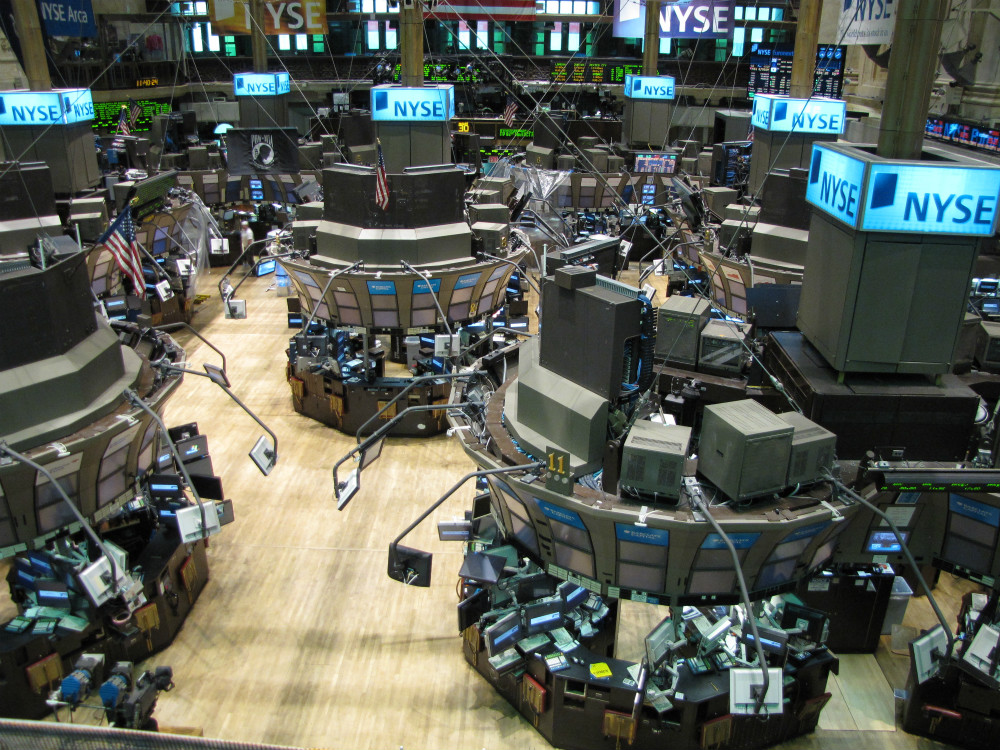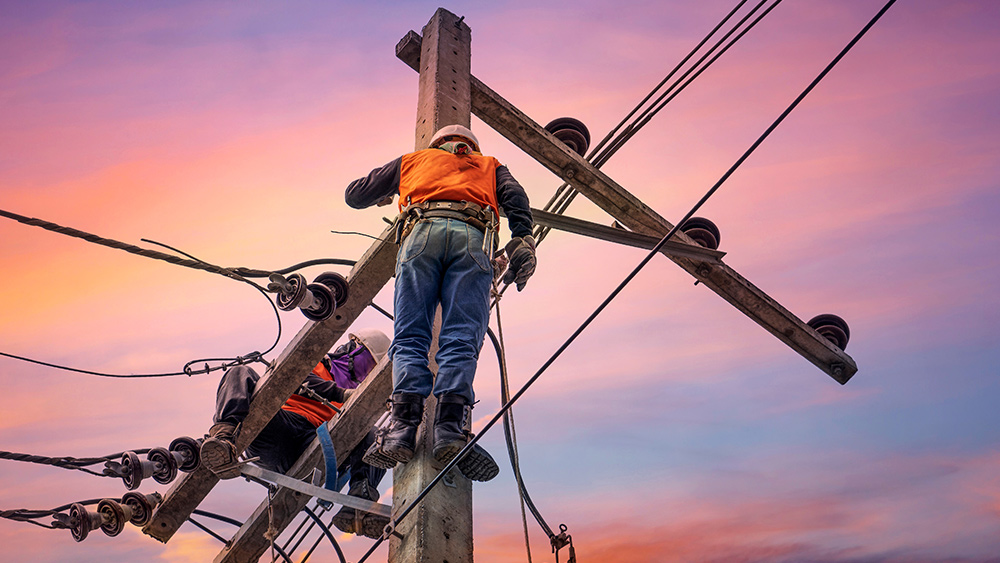30-year fixed mortgage rate surges above 7% as the Fed continues to raise interest rates
11/15/2022 / By Arsenio Toledo

Mortgage rates have gone over seven percent once again as the real estate market reacts to the latest interest rate hike from the Federal Reserve, with both buyers and sellers withholding participation in the economy amid financial volatility.
The national average interest rate on a 30-year fixed mortgage currently sits at 7.08 percent, up from 6.95 percent a week ago. This time last year, the 30-year rate was averaging 2.98 percent. (Related: Fed interest rate hikes lead to rising fears of mortgage debt defaults, real estate collapse and recession.)
Also rising are the interest rates for all kinds of home loans, including adjustable-rate mortgages and Federal Housing Authority (FHA) and Department of Veterans Affairs (VA) loans. The 30-year FHA loans increased by 0.15 percent to 6.63 percent, while VA purchase loans increased by 0.13 percent to 6.58 percent.
Financial analysts all over America noted that mortgage rates will likely remain high as the Fed continues to believe raising interest rates is the key to tackling America’s inflation crisis. But Lawrence Yun, chief economist for the National Association of Realtors (NAR), suggests that the mortgage rates could have already topped out.
“A return to a normal spread between the government borrowing rate and the home purchase borrowing rate will bring the 3o-year mortgage rates down to around six percent,” Yun explained.
Home sales decline as interest rate hikes continue
Unfortunately, further interest rate hikes from the Fed could break Yun’s prediction of mortgage rates plateauing. As Sam Khater, chief economist with housing finance giant Freddie Mac, put it: “The housing market is the most interest rate-sensitive segment of the economy, and the impact rates have on homebuyers continues to evolve.”
“Home sales have declined significantly and, as we approach year-end, they are not expected to improve,” he added.
Newly released NAR data shows the rising prices of homes is slowing down after two years of red-hot appreciation. The median sales price for existing single-family homes was $398,500 during the third quarter of 2022, up 8.6 percent from the same period last year, but down from $413,500 during the previous quarter.
The decrease in quarter-to-quarter median sales prices is a major sign pointing to further deceleration in the market in response to higher mortgage rates and slowing demand.
“Much lower buying capacity has slowed home price growth, and the trend will continue until mortgage rates stop rising,” said Yun.
Further proof of the deteriorating real estate market is the drop in new mortgage applications. According to the Mortgage Bankers Association, mortgage purchase applications are currently 41 percent lower than they were a year ago and applications to refinance existing mortgages is 87 percent lower than a year ago.
“Purchase applications … remained close to 2015 lows, as homebuyers remained sidelined by higher rates and ongoing economic uncertainty,” said association vice president and deputy chief economist Joel Kan. “Refinances continued to fall, with the index hitting its lowest level since Aug. 2000.”
Moving into 2023, Yun expects home sales to plummet by seven percent, and the median price of housing to increase just by one percent. It is unlikely that the market will rebound to levels seen before the inflation crisis until 2024 at the earliest, when Yun predicts a 10 percent jump in sales and a five percent jump in prices.
Learn more about the American economy at MarketCrash.news.
Watch this clip from the Next News Network as Gary Franchi discusses the Fed’s decision to once again raise interest rates – but this time by a whopping 0.75 percent.
This video is from the News Clips channel on Brighteon.com.
More related stories:
Number of Americans with a second job up by 6% as inflation continues to eclipse wage gains.
Fed interest rate hikes make living in overpriced America even MORE expensive.
More and more people are becoming HOMELESS as America’s economic condition worsens.
Central banks are the main source of instability in the world – and their collapse is NECESSARY.
Sources include:
Submit a correction >>
Tagged Under:
debt bomb, debt collapse, economic collapse, economics, economy, Federal Reserve, finance, financial crash, home sales, housing, Housing Market, Inflation, interest rates, market crash, money supply, mortgage rates, mortgages, Real Estate
This article may contain statements that reflect the opinion of the author
RECENT NEWS & ARTICLES
COPYRIGHT © 2017 MARKET CRASH NEWS



















